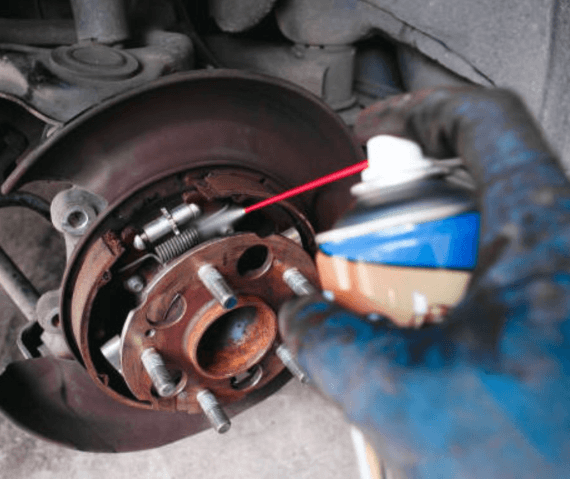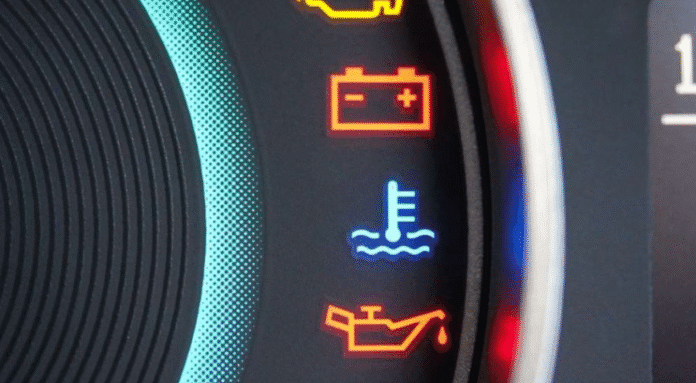Brakes are among the most essential safety components in any vehicle. But have you ever wondered why manufacturers use disc brakes in the front and drum brakes in the rear?
It’s not just tradition or cost-cutting—there are smart engineering and safety reasons behind this combination. Let’s explore the key factors.

⚙️ 1. Braking Power Distribution
When you hit the brakes, your car’s weight shifts forward. Around 70% of the braking force is absorbed by the front wheels, while only 30% goes to the rear.
Because of this weight transfer, the front brakes need to be more powerful. Disc brakes, known for their strong stopping ability and heat dissipation, are ideal for handling this heavy load.
Meanwhile, the rear brakes handle less stress, so drum brakes—while not as strong—are sufficient for the job.
💰 2. Cost Efficiency and Manufacturing Practicality
Disc brakes are more expensive to manufacture due to their complex design, which includes a caliper, rotor, and supporting components built to withstand high pressure and temperatures.
On the other hand, drum brakes are cheaper to produce. They use fewer moving parts, are easier to integrate with parking brake systems, and generally require less maintenance.
By placing disc brakes in the front and drum brakes in the rear, car manufacturers achieve an ideal balance between performance and cost.
🧰 3. Hardware and Mechanical Requirements
Disc brakes need higher hydraulic pressure and additional hardware—like caliper mounts and metal rotors—to perform optimally. But the benefit is clear: they cool down faster and are less likely to overheat or fail under high-stress conditions like driving downhill or in stop-and-go traffic.
In contrast, drum brakes have simpler hardware needs. Their components are mostly enclosed, and they share the space for both the parking brake and service brake. However, drum brakes tend to retain more heat, making them more prone to brake fade during prolonged use.
🌧️ 4. Performance in Different Conditions
Disc brakes perform better in wet weather, thanks to their open design that sheds water quickly. This makes them ideal for front-wheel braking, where control and stopping distance are most critical.
Drum brakes, while less effective in the rain, work fine in the rear where extreme stopping power isn’t as necessary. They also last longer in normal conditions and are easier to replace at a lower cost.
✅ Final Verdict: Balance is Key
-
Front = Disc brakes → Better performance, stronger stopping power, excellent heat dissipation.
-
Rear = Drum brakes → Cost-effective, sufficient for lower braking loads, dual-function with parking brake.
So the next time you hear someone ask, “Why not use disc brakes all around?” — you’ll know the answer. It’s all about combining safety, performance, and practicality in the most efficient way possible.


